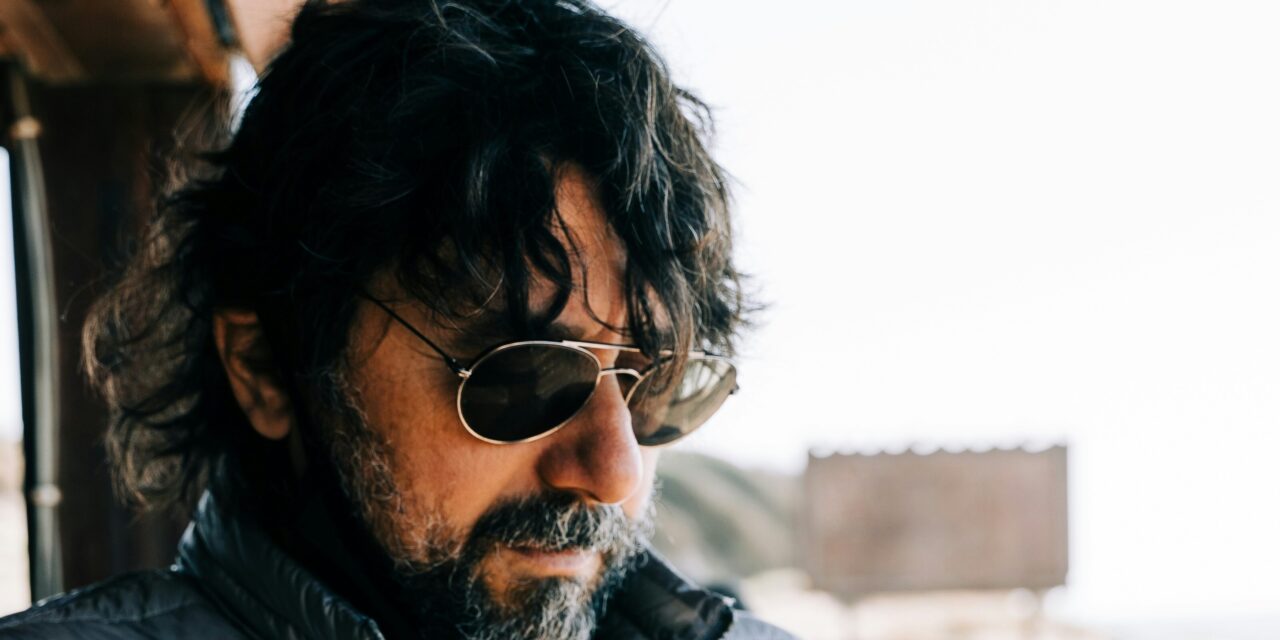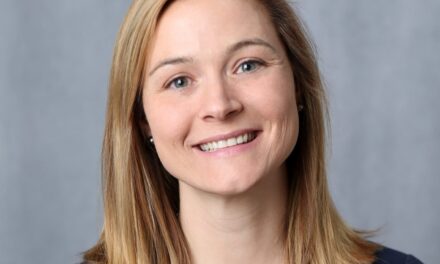Dr. Gianluca Cerri, MD, is a highly respected Emergency Medicine physician with a strong foundation in academic excellence. Born in Milan, Italy, his journey in medicine began with a deep curiosity and passion for the sciences. After moving to the United States, he pursued his undergraduate studies at Nicholls State University, where he graduated magna cum laude with a Bachelor of Science in Biology and a minor in Chemistry. His outstanding performance and dedication to his studies marked the first step in his distinguished academic career.
Gianluca’s pursuit of medical knowledge led him to Louisiana State University Medical School, where he immersed himself in rigorous training and clinical experience. During his Internal Medicine residency, he demonstrated exceptional leadership and expertise, earning the role of Chief Resident. This experience not only solidified his medical skills but also instilled in him a deep understanding of patient care and mentorship.
To further specialize in his field, Gianluca completed a residency in Emergency Medicine at the University of Massachusetts Medical School, where he gained hands-on experience in handling high-pressure medical situations. His comprehensive training across different facets of medicine has shaped him into a well-rounded and adept physician.
Today, Dr. Cerri brings this wealth of academic experience to his role as an Emergency Medicine physician, where he applies his knowledge and training to provide exceptional patient care. His academic journey is a testament to his dedication, resilience, and commitment to the field of medicine.
What inspired you to pursue a career in medicine, and how did your academic journey begin?
My journey in medicine started with a fascination for the sciences from a young age. Growing up, I was always curious about how the human body works and how medicine could help improve people’s lives. This curiosity intensified when I moved to the United States and began my undergraduate studies at Nicholls State University. I immersed myself in biology and chemistry, and that’s when I truly realized how much I wanted to make a difference in people’s lives through medicine. Graduating magna cum laude was a turning point—it gave me the confidence to continue this path and aim higher.
How did your experience at Louisiana State University Medical School shape you as a future physician?
My time at LSU Medical School was incredibly transformative. It was where I experienced the realities of medicine for the first time. The coursework was intense, but it gave me a solid foundation in medical knowledge. One of the most impactful experiences was my residency in Internal Medicine, where I served as Chief Resident. This role wasn’t just about treating patients—it was about leading, teaching, and mentoring my peers. It taught me how to remain calm under pressure, manage complex cases, and make quick, informed decisions, which are crucial skills for an emergency medicine physician.
Why did you decide to specialize in Emergency Medicine?
Emergency Medicine felt like a natural fit for me because I’ve always thrived in dynamic, high-pressure environments. During my time at LSU, I realized that I enjoyed the challenge of diagnosing and treating acute medical issues. I wanted to be on the front lines of healthcare, where every second counts. This realization led me to pursue a residency in Emergency Medicine at the University of Massachusetts Medical School. It was an intense but incredibly rewarding experience that further solidified my passion for this field.
What was the most challenging aspect of your academic training, and how did you overcome it?
The most challenging aspect was managing the sheer volume of information and the demanding hours, especially during residency. Balancing clinical rotations, studying, and trying to maintain some personal life was tough. However, I learned to prioritize and organize my time effectively. I focused on staying disciplined, always trying to absorb as much as I could from every experience. I also leaned on my mentors and peers for support, which made a huge difference. It wasn’t easy, but those challenges taught me resilience and the importance of collaboration.
How has your academic background influenced your approach to patient care today?
My academic journey taught me the value of always being thorough and evidence-based in my approach. In emergency medicine, you often have to make rapid decisions, and my training emphasized the importance of staying up-to-date with the latest medical research and practices. It also taught me the importance of empathy. No matter how busy or intense the environment, my education reminded me that there’s always a person behind every medical case, and they deserve to be treated with respect and compassion.
What advice would you give to current medical students who are considering a career in Emergency Medicine?
My biggest piece of advice is to embrace the challenges and be prepared for an intense but incredibly fulfilling journey. Emergency Medicine requires quick thinking, adaptability, and a strong foundation in a wide range of medical knowledge. So, make the most out of your rotations, and expose yourself to as many different scenarios as possible. Learn to stay calm under pressure and develop your communication skills—being able to connect with patients in stressful situations is just as important as your medical knowledge. Most importantly, don’t be afraid to ask for help or guidance from your mentors. Medicine is a lifelong learning experience.
What qualities do you believe are essential for future doctors to develop during their training?
Resilience is key because medicine is a demanding field, both physically and emotionally. You need to be able to handle setbacks and learn from them. Another essential quality is empathy. It’s easy to get caught up in the clinical aspects of medicine, but never forget that you’re treating people, not just conditions. Adaptability is also crucial, especially in a fast-paced environment like the emergency department. Lastly, always maintain a curiosity for learning. Medicine is constantly evolving, and being open to new ideas and techniques will make you a better physician.
How important were mentorship and networking in your academic journey and training?
Mentorship was absolutely invaluable. I was fortunate to have mentors who guided me, challenged me, and supported me throughout my training. They helped me navigate the complexities of medical school and residency and taught me the importance of staying humble and open-minded. Networking also played a significant role. Building relationships with peers and professionals in the field provided me with opportunities to learn, grow, and collaborate. I strongly encourage students to seek out mentors and actively engage with others in the medical community.
What would you say to medical students who might be feeling overwhelmed by their studies right now?
I would say that feeling overwhelmed is normal, and you’re not alone in that experience. Medical training is one of the most challenging journeys you’ll undertake, but it’s also one of the most rewarding. Break your goals into smaller, manageable steps, and take it one day at a time. Don’t be afraid to ask for help, whether from peers, mentors, or support services. Remember why you started this journey in the first place, and let that drive you forward. And take care of yourself—finding time for rest and relaxation is just as important as studying.
How do you continue to learn and grow as a physician even after your formal training?
Medicine is constantly evolving, so it’s essential to keep learning. I regularly attend conferences, engage in workshops, and read the latest medical literature to stay updated on new treatments and techniques. I also learn from my experiences in the emergency department—every case is an opportunity to improve. I make it a point to stay curious and never assume I know everything. Medicine is a lifelong commitment to learning, and that’s something I truly embrace.
For more information about Gianluca Cerri, MD check out his profile on cloutrep.




